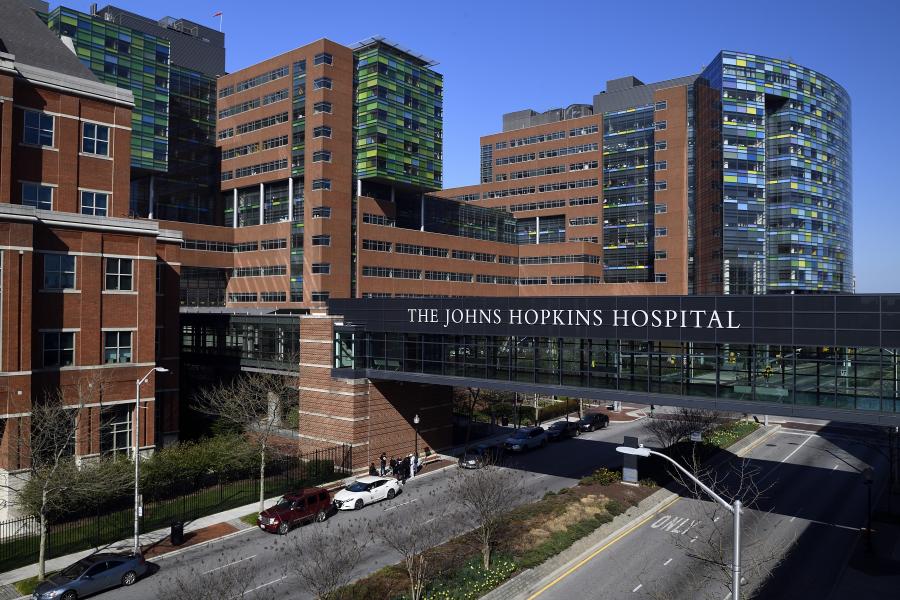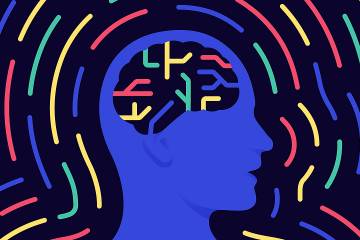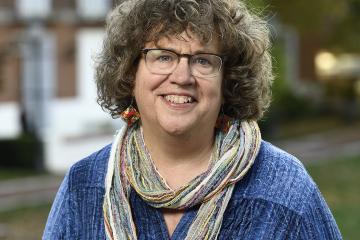The Johns Hopkins Behavioral Health Crisis Support Team (BHCST), which pairs behavioral health clinicians with public safety officers to respond to those in crisis, expanded to the university's East Baltimore campus this week.
The BHCST operates a 24/7 access line, which was previously only available for the Homewood and Peabody areas. If a Hopkins affiliate or local community member is experiencing or witnessing a behavioral health crisis, they can call 410-516-WELL (9355) to speak with a licensed crisis support clinician. Once on the line, the clinician will discuss the situation with the caller and, if necessary, will send a clinician-led co-response team to their location.
"For many, it can be a life-saving program," said Jennifer Howes, JHU's chief mental health director for student health and well-being. "The impact of each one of those mobile responses can change the trajectory of someone's experience and get them into care much more quickly."
The BHCST was originally launched as a pilot in 2021 to address mental health needs on the Homewood campus. Since then, the program has grown in both size and reach, expanding first to the Peabody campus in 2022 and now to East Baltimore.
But this expansion isn't as simple as copying what worked on other campuses, said Jarron Jackson, assistant vice president for public safety. Introducing the BHCST to East Baltimore will require adjustments, including shifting employees' schedules and creating partnerships with existing neighborhood resources.
"One of the things that we were really intentional about is not just picking up what was done in Homewood or Peabody and transporting it to East Baltimore," he said. "Each campus has its own little community and has its own needs, wants, and desires. We need to learn those to make sure we tailor the initiative to fit those needs."
All BHCST clinicians are licensed mental health professionals with backgrounds in de-escalation and crisis counseling. The public safety officers they are paired with receive trauma-informed training to ensure that the in-person crisis responses are safe and private for all parties involved.
"I see it as the evolution of what public safety and law enforcement will be," Jackson said. "Folks that before thought that they had to wait for this extreme incident before they could call public safety can now call earlier and get the help that they need."
After a crisis response, the BHCST connects callers to ongoing mental health support, either within the university or through Baltimore Crisis Response, Inc.
Since its inception, the BHCST has received more than 250 calls for crisis support. But according to Jackson, the value of the program extends far beyond individual calls.
"We participated in the Out of Darkness Walk for suicide prevention, and a person came up to the booth," he recalled. "As one of our colleagues started describing the program, the person stopped him and said, 'I know exactly what it is. If it wasn't for you, I wouldn't be here right now.' ... That kind of impact is difficult to quantify, but it's happening every day after every call."
Individuals in need of behavioral health support on or near the university's Homewood, Peabody, and East Baltimore campuses are encouraged to reach out to the BHCST.
"If somebody is struggling and needs support during a crisis, we want to be there to answer that call," Howes said. "We encourage callers to connect with us and define a crisis according to what that means for them."
To learn more about the mental health resources available to JHU affiliates, visit the student well-being website or the Johns Hopkins Employee Assistance Program.
Mental health crisis and suicide prevention services are also available nationwide by dialing 988.
Posted in University News
Tagged mental health, public safety, student health and well-being










